Celebrating Aeronautics latest academic staff promotions
by Ayesha Khan
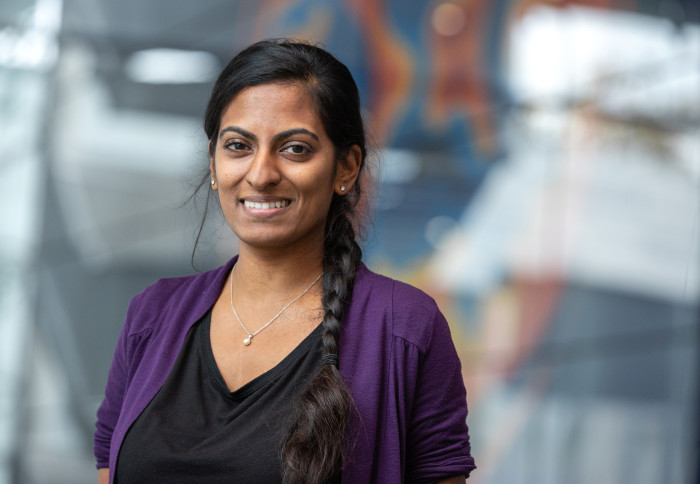
Dr Thulasi Mylvaganam is one of the five promoted academics
Aeronautics sees five academics promoted in the latest promotion round.
The Department would like to congratulate five academics who have received promotions as we begin the new academic year.
In celebrating their success, we spoke to our newly promoted colleagues to gain insight into their academic backgrounds and research, as well as their favourite thing about being a part of the College community and their advice for future academics.
Professor George Papadakis, Professor of Aerodynamics
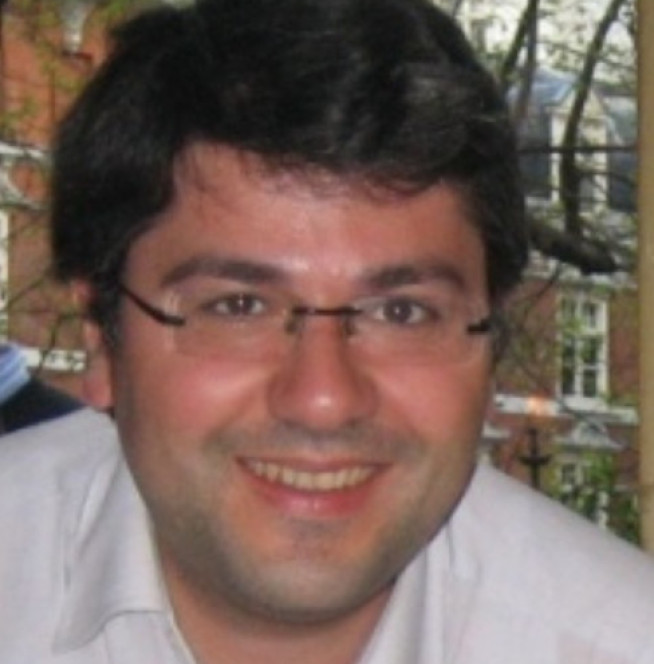
“I received my PhD in Mechanical Engineering from the National Technical University of Athens in 1996. I was Reader in Computational Fluid Dynamics at King’s College London before moving to Imperial College in 2011 as Reader in Aerodynamics.”
“The central area of my research is the fundamental analysis and manipulation (control) of turbulent flows to achieve a desired objective. More specifically, my research focuses on turbulence enhancement as well as suppression, depending on the application. We are using both passive as well active means that are obtained using pioneering optimisation algorithms. The work is computational; we perform scale-resolving Direct Numerical Simulations (DNS) and Large Eddy Simulations (LES) and all the algorithms are developed within the Papadakis Lab.”
“I really enjoy being part of the Department of Aeronautics and the College; the environment is very stimulating. I enjoy the discussions with like-minded colleagues, with research excellence being a top priority. There are plenty of opportunities for collaboration and interdisciplinary research.”
“Life in academia can be very demanding, and it is easy to be sidetracked. Always remind yourself of what attracted you to academia in the first place: the pleasure of discovering new things and the sense of achievement that comes with a better understanding of how nature works. This is our core mission, never forget that. We have also the privilege (and responsibility) to shape the new generation of researchers that will continue the path of exploration.”
Dr Oliver Buxton, Reader in Experimental Fluid Mechanics
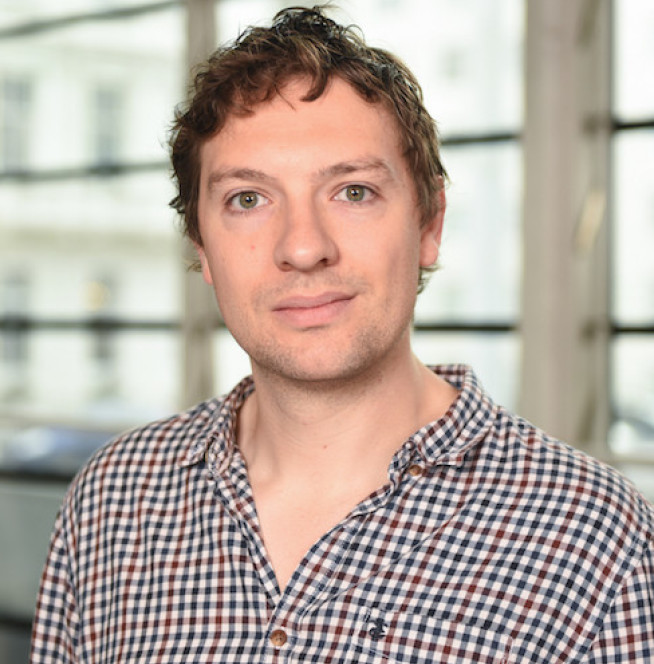
“I joined Imperial in 2013 as a Lecturer in the Department of Aeronautics and have since taken on the role of Senior Lecturer and have most recently been promoted to Reader.”
“I completed an M.A/M.Eng at St John’s College, University of Cambridge and a PhD at Imperial College London before taking up a Postdoc position at the University of Texas.”
“My research is focused on using state-of-the-art experimental techniques, primarily laser-based diagnostics, to explore interesting phenomenology (aspects) of turbulent flows. Up until now I have largely focused on fundamental aspects of turbulent flows. In particular I have examined the nature of turbulent entrainment and multi-scale physics in wakes.”
“All turbulent flows are observed to grow with distance downstream, which occurs due to the transport, and mixing, of background fluid into the turbulent flow in a series of processes collectively known as entrainment. My research has focused on entrainment taking place from a background that is also turbulent.”
“Many flows that we encounter are generated by multi-scale geometry. Such multi-scale geometry produces some fascinating multi-scale dynamics in the turbulent flows that they generate which can be extremely important in determining things such as the dispersion of pollution within a city.”
“My current research looks at combining my work on entrainment and multi-scale turbulence to try and optimise the layout/design of future wind farms. Wind turbines produce turbulent wakes, which can affect wind speed, reducing efficiency for wind turbines in subsequent rows. By better modelling the growth and spreading of these wakes we can design more efficient wind farms in the future that will require less maintenance and generate more power than current wind farms. I am currently at the beginning of a five-year fellowship to conduct this research and I can’t wait to see what we can produce!”
“By far my favourite thing about Imperial College London, and in particular the Department of Aeronautics, is the people that I get to work with on a day-to-day basis. I find teaching students, collaborating with graduate students and researchers, and interacting with colleagues to be enthralling – I truly look forward to coming to work every day. I have also made some extremely good friends at Imperial quite aside from our mutual interest in science.”
“For individuals seeking a path in academics, my advice would be - pursue research that interests and excites you. “Fashions” come and go, and topics that are “hot” now may not be in a few years’ time. High quality science is enduring and immune to the vagaries of changing fashions. If you are passionate about what you do, and you apply yourself to the best of your abilities in a rigorous and careful way then eventually you will be successful.”
Dr Thulasi Mylvaganam, Senior Lecturer in Control Engineering
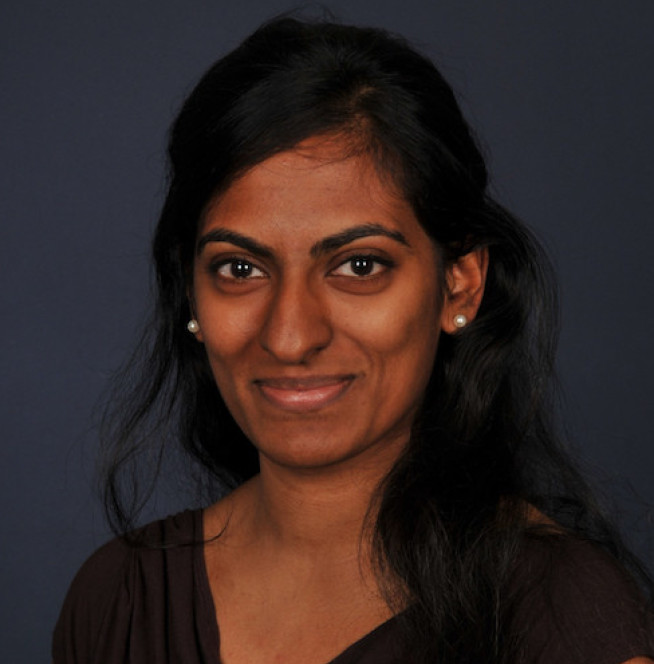
“I joined Imperial as an undergraduate student in 2006. I completed my PhD in nonlinear control in the “Control and Power group” in the Department of Electrical and Electronic Engineering at Imperial College in 2014, where I spent some time as Research Associate before I joined the Department of Aeronautics. I first joined the Department in 2016 as Research Fellow, before I was given a Lectureship the following year.”
“My research is centred about fundamental problems in Control Engineering. Control Engineering concerns the study and design of (autonomous) dynamical systems: we seek to understand how dynamical systems behave and, perhaps more importantly, how we can shape their behaviour via the (intelligent) use of sensors (measurements) and actuators (inputs). As such, control systems are ubiquitous in nature and engineering and, by taking an abstract approach, insights from my field have impact across several disciplines.”
“My research includes topics such as nonlinear systems, dynamic optimisation, distributed control and data-driven control. Dynamic optimisation, for instance, concerns how to design control inputs to optimise some performance criterion/criteria. This constitutes a challenging task that is central to several engineering problems, e.g. to minimise the fuel consumption of rockets, to maximise the energy produced by wind turbines or to ensure the safe and efficient operation of autonomous robots.”
“Our research has led to techniques that enable the systematic solution of such complex problems, at relatively low computational cost. While one of the aspects of Control Engineering that I find the most exciting is its abstract and ubiquitous nature, I have gained a special interest in its applications to robotics since joining the Department.”
“There are quite a few aspects of the Department and Imperial College, as a whole, that I value very highly. I enjoy being a part of the vibrant, international community and consider myself fortunate to be surrounded by great, supportive colleagues. One of my favourite aspects of my job is working alongside my PhD students on interesting research problems. It is also very rewarding to teach our undergraduate and masters students – especially when this sparks an interest in Control Engineering!”
“The academic job is demanding, but also very rewarding. The potential of contributing to new knowledge is extremely motivating. My advice to anyone interested in pursuing a career in academia would be to seize every opportunity to learn and to stay curious.”
Dr Andrew Wynn, Reader in Control and Optimization
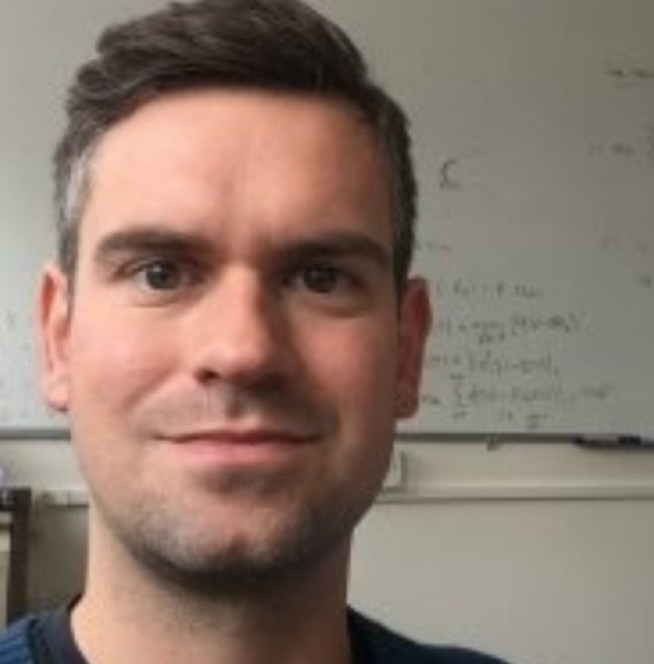
“I took an undergraduate degree in Mathematics at the University of Oxford and stayed to complete a PhD in functional analysis in 2009. After holding a brief position in the Mathematics Department at UCL, I joined the Aeronautics department at Imperial in 2010, initially as a postdoc, before being appointed as a Lecturer in 2012.”
“My research focus is to create optimization algorithms to model, predict and eventually control the behaviour of complex systems in aerospace. Primarily, my group works in fluid mechanics and we attack a wide range of problems, both pure and applied.”
“On the applied side, we create algorithms to extract reduced-order models from data drawn from numerical simulations or wind tunnel experiments and use these to improve flow efficiency for wind turbines, road vehicles and aircraft. On the pure side, we have pioneered the use of optimization to give rigorous computer-assisted proofs of fundamental theoretical properties of the Navier-Stokes equations.”
“Belonging to a community of leading experts in experiments, numerical methods and theory has created a special research environment and often allows me to gain a unique perspective on what problems are interesting, important and have potential for impact.”
“My advice for someone hoping for an academic career is to not be afraid of finding out about problems and results outside of your immediate field of interest. This will give you a wider range of tools with which to attack your own problems and provide important perspective how your research fits in with the wider community. Also – be excited! This must be one of the only careers where you can genuinely choose your own direction day-to-day and, importantly, contribute to the education of the next generation of engineers and researchers.”
Professor Francesco Montomoli, Professor in Computational Aerodynamics
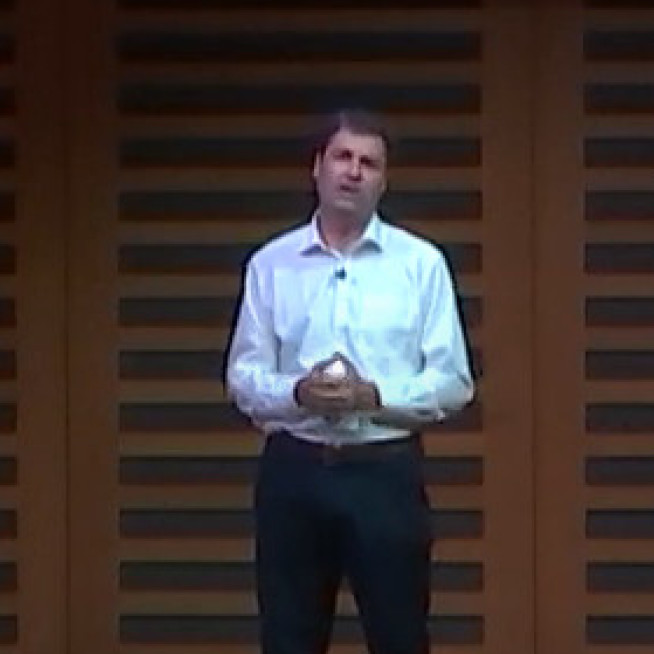
"Prior to joining Imperial College in 2014 I worked at Rolls-Royce University Technology Centre (UTC) of the University of Surrey (2012-2014) and at Whittle Lab at the University of Cambridge (2006-2012). I have also been a Visiting Professor at the University of Padova, a Research Professor at Basque Centre for Applied Mathematics and a Design Engineer at Nuovo Pignone, GE Oil & Gas."
"I attained my PhD and MSc in Mechanical Engineering at the University of Florence whilst also being a visiting PhD candidate at Texas A&M."
"What inspires me most is the impact of my research in real world applications. I have had the privilege of being sponsored by several companies, such as Baker Hughes, General Electric, Criepi, Rolls-Royce, Airbus and Mitsubishi Heavy Industries. I find much joy in seeing how my research is transforming their products, making them cleaner and more reliable."
"I currently lead the Uncertainty Quantification Laboratory (UQLab), at Imperial, collaborating with several institutions including (among others) NASA Langley, University of Sussex, Technical University of Munich (TUM), University of Ferrara, Johannes Kepler University, University of Bath, Stanford University, University of Turin and University of Padova."
"The lab has several research strands, including much from Data Driven Machine Learning to Uncertainty Quantification and Design for Additive Manufacturing. Methods developed by UQLab have been used in various applications from designing new aircraft engines to predicting the diffusion of alien species!"
"The UQLab is very active in technology transfer, with two companies spun out during recent years. I am very proud of personal and team achievements through years of research. A highlight would be receiving the Royal Academy of Engineering Enterprise Fellowship, which allowed me to start our spinout TOffeeAM."
"My success to date isn’t without the many mentors that have helped shape my academic career in providing me with some great opportunities from achieving my PhD to being appointed at Imperial and the continued support. In particular I would like to thank my PhD supervisors, Prof Martelli and Prof Han."
"I’d also like to extend a very special thank you to Dr Massini, who has been a lifelong researcher in supporting me and being the outstanding mother of my daughter Arianna."
"For individuals wishing to pursue a career in academia, I have found that Imperial provides an exceptionally nice environment to work in, where colleagues are not only brilliant academics, but also all-round nice people. As much as any role can be challenging at times, academia provides scope for a very fun, interesting and fulfilling profession. Being able to access to world leading laboratories across the globe is a privilege and with the years you discover that people are very keen to engage with you and your research."
"The Professorship is a dream, that will enable me to reach new heights in larger initiatives."
Article text (excluding photos or graphics) © Imperial College London.
Photos and graphics subject to third party copyright used with permission or © Imperial College London.
Reporter
Ayesha Khan
Department of Aeronautics